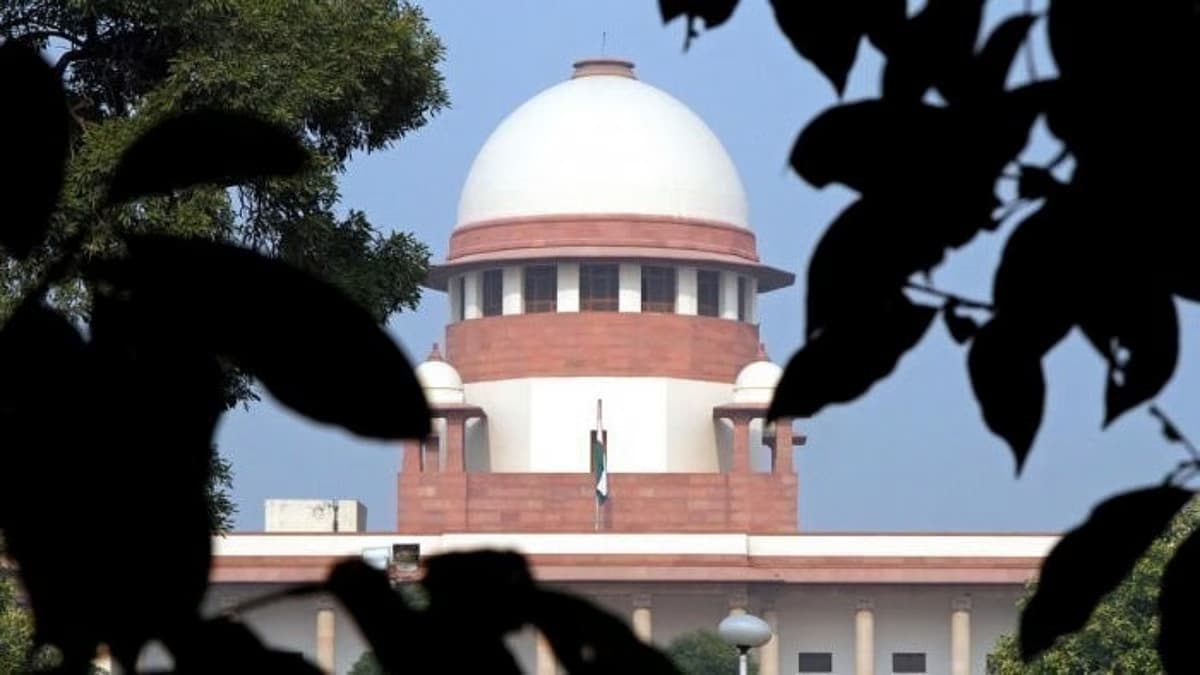
Supreme Court Cautions Against ‘Surprise’ Court Directions Beyond Litigants’ Pleadings
Top court says unexpected orders could chill access to justice, stressing courts must exercise caution and afford parties a chance to respond.
The Supreme Court on Tuesday cautioned courts against passing adverse orders with "surprise" directions that go beyond the issues raised or reliefs sought by litigants in their pleadings.
A Bench of Justice Dipankar Datta and Justice K.V. Viswanathan observed that such an approach could create a chilling effect on access to justice, leaving litigants to wonder whether they might be rendered worse off by approaching courts.
"Litigants go to court to vindicate their rights when they perceive an infringement. The court may, after hearing both parties, grant or deny relief. As noted in V.K. Majotra (supra) and Mohammad Naim (supra), if, without putting parties on notice, the court travels beyond the scope of the petition, takes parties by surprise, and makes strong observations and directions, it will create a chilling effect on other prospective litigants. They may fear that seeking judicial redress could leave them worse off than before initiating proceedings. This could seriously impact access to justice and the rule of law. Hence, courts must exercise great caution and circumspection in such matters," the Court said.
The observation came while setting aside two directions issued by the Kerala High Court in a dispute between the Cochin Devaswom Board and representatives of the Chinmaya Mission Educational and Cultural Trust.
The case concerned the enhancement of the licence fee for land in Thrissur. In 1974, 13.5 cents of land had been allotted to the Trust to construct a hall for religious, cultural, and marriage purposes, with conditions requiring it to be available free of cost for Devaswom programmes and pilgrims.
The annual fee, initially ₹101 and later raised to ₹227.25 in 1977, remained unchanged for decades.
In 2014, the Devaswom Board unilaterally increased the licence fee to ₹1.5 lakh per annum and demanded arrears exceeding ₹20 lakh, prompting the Trust to move the Kerala High Court for relief.
The High Court upheld the fee hike. Moreover, it directed the Board to refix the licence fee and conduct a vigilance inquiry into the land allotment.
The Trust challenged these directions before the Supreme Court, arguing that they went beyond the scope of the issues raised and reliefs sought in its writ petition, taking it by surprise and leaving it worse off.
The Supreme Court granted relief to the Trust, holding that the Kerala High Court had exceeded its jurisdiction.
While the High Court was justified in upholding the enhancement of the licence fee, it erred in directing the Board to refix the fee and initiate a vigilance inquiry.
"We are of the opinion that the High Court was not justified in passing these directions. They were far beyond the scope of the writ petition. The appellants could not have been rendered worse off in their own writ petition. Moreover, the directions were issued without putting the appellants on notice," the Court said.
The Supreme Court added that if a court feels compelled to go beyond the scope of a writ petition, it must first allow affected parties an opportunity to explain and defend themselves.
The Bench noted that the Kerala High Court failed to do so, violating principles of natural justice. Accordingly, the Court expunged portions of the High Court’s order directing refixation of the licence fee and a vigilance probe.
"However, notwithstanding the expunction of these paragraphs, if the respondent-Board has legitimate rights to enhance the licence fee, they may do so independently and in accordance with law," the top court added.
For any enquiries please fill out this form, or contact info@thelawreporters.com and Follow The Law Reporters on WhatsApp Channels